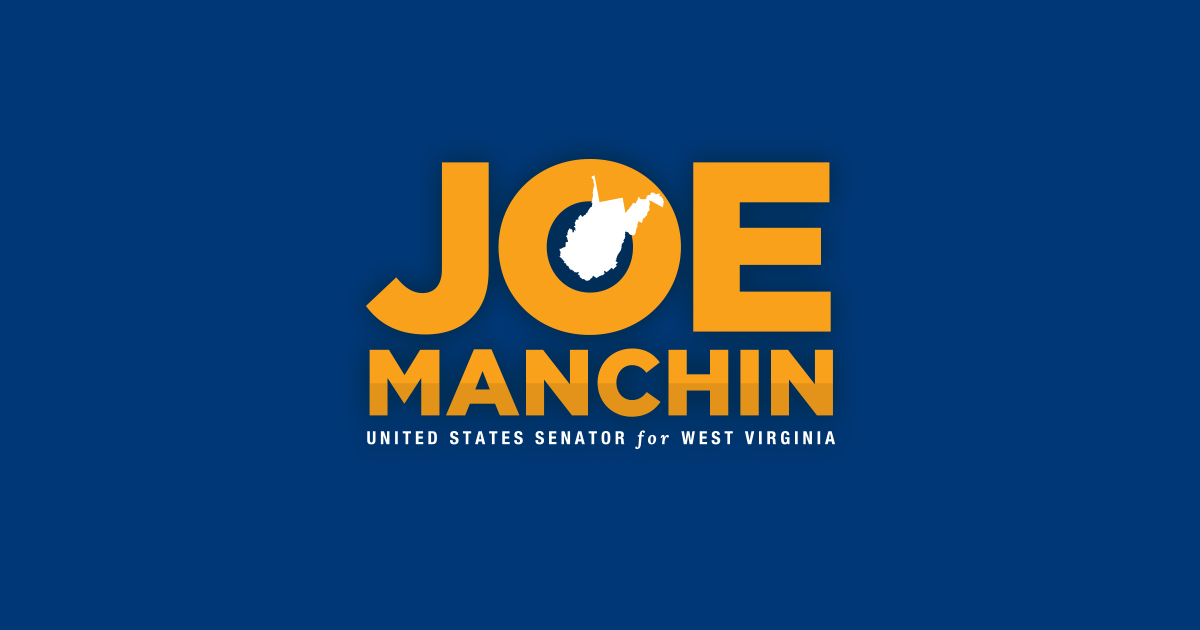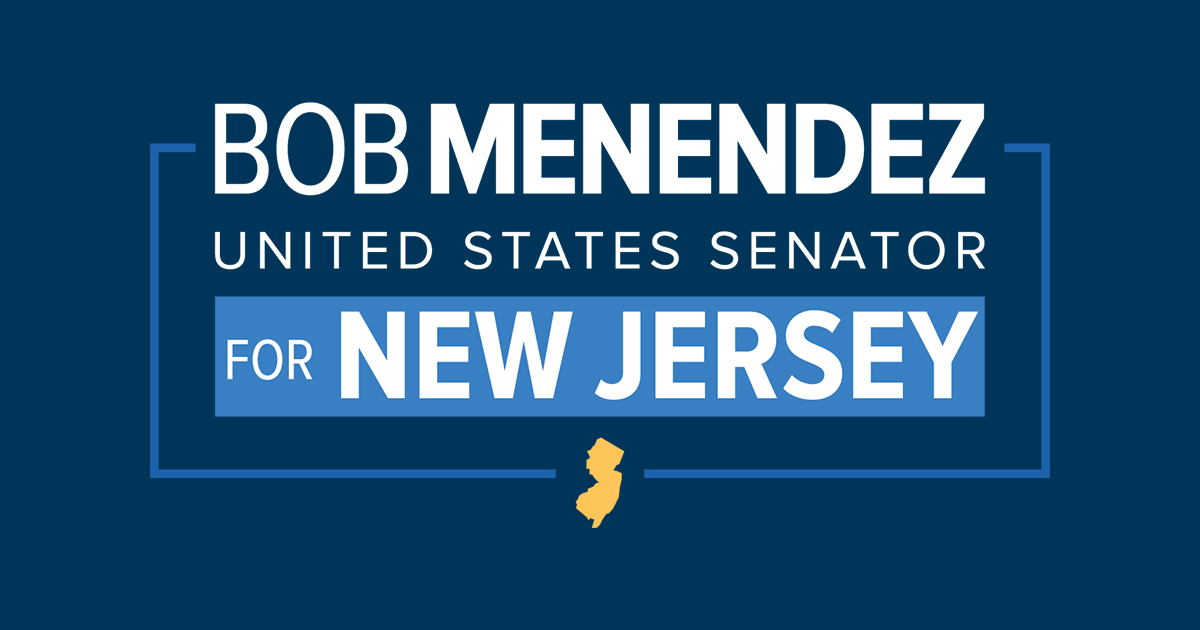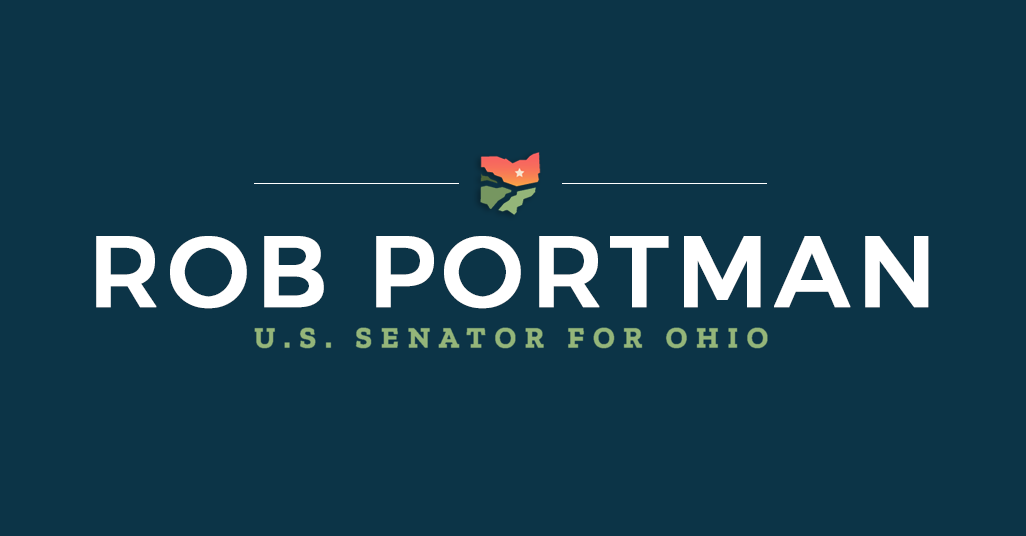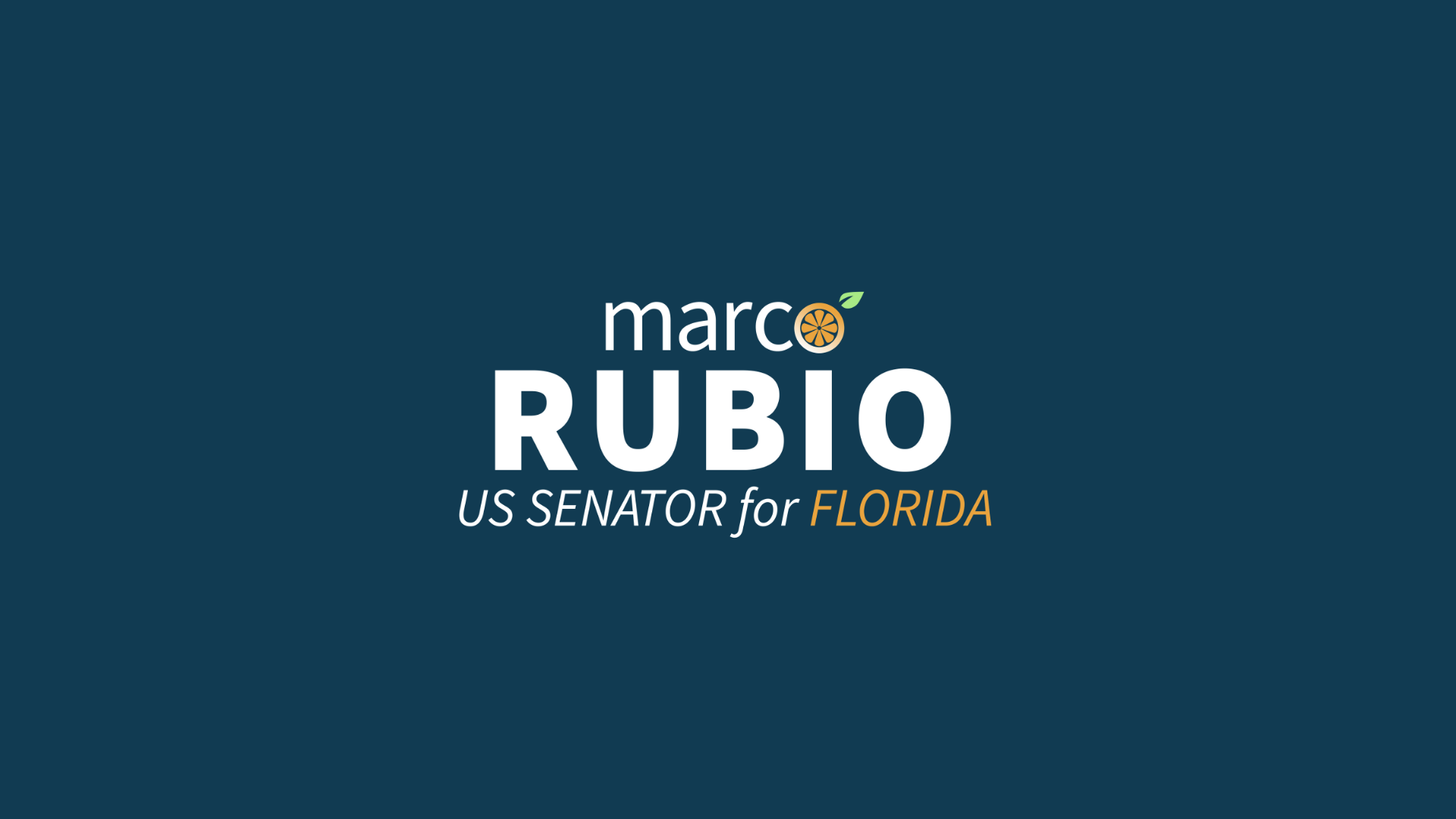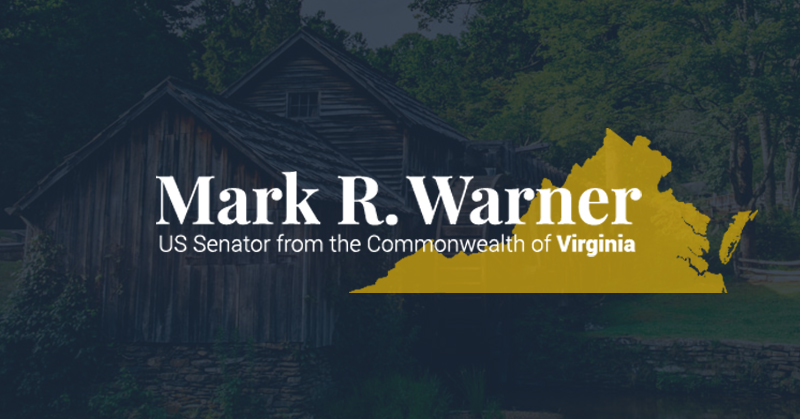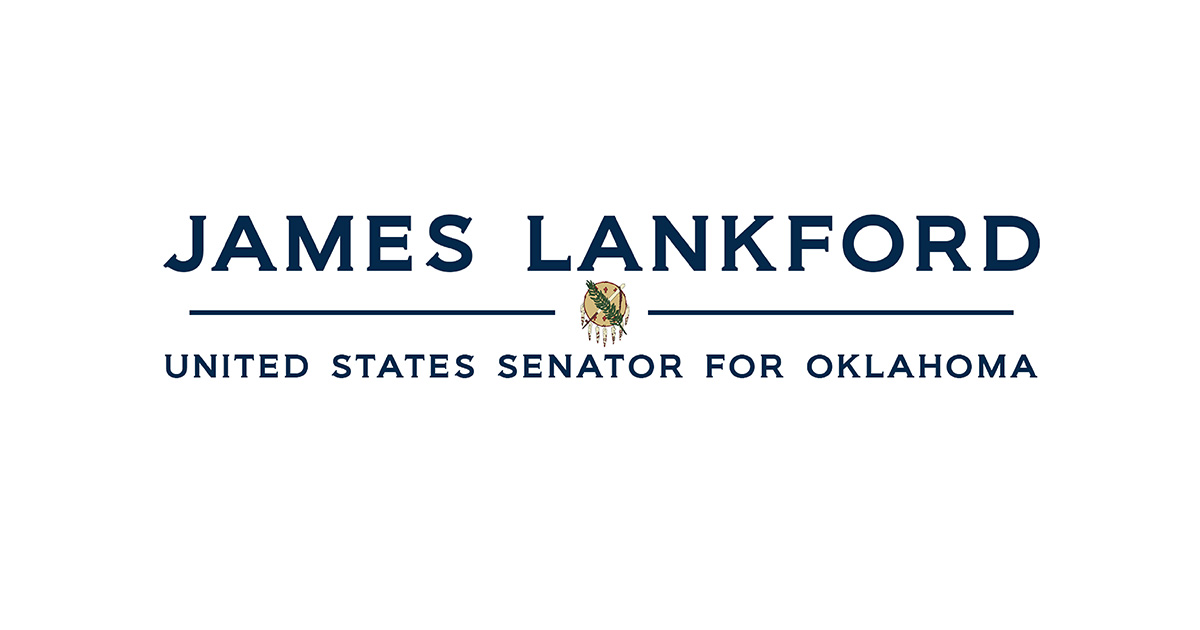Source: United States Senator for New Jersey Bob Menendez
WASHINGTON, D.C. – U.S. Senator Bob Menendez (D-N.J.), a senior member of the Senate Committee on Banking, Housing, and Urban Affairs and Chairman of the Banking Subcommittee on Securities, Insurance, and Investment, today chaired a subcommittee hearing entitled: “Examining How Capital Markets Serve Diverse Entrepreneurs and Investors.” The hearing was convened by Chairman Menendez to highlight how women and people of color are dramatically underrepresented in capital markets and across the financial services industry, and how this ultimately hinders their access to economic opportunity, disproportionately hurts minority communities, and results in less equitable market outcomes.
“The fact of the matter is that underrepresentation has a trickle-down effect. When corporate leadership at the top is not diverse, unsurprisingly, the firms that manage their pensions are also not diverse,” Sen. Menendez said in his opening remarks. “When corporate leadership only reflects one thin slice of the population, their decisions will only benefit one slice of the population. And despite contributing trillions of dollars to the economy — being among the most likely to start a small business — many minorities across the country still lack access to the capital they need to thrive.”
[WATCH THE SENATOR’S OPENING REMARKS AND LINE OF QUESTIONING]
Sen. Menendez has been a champion in the fight to address diversity problems across the nation’s financial system and institutions. This September, Sen. Menendez sent a letter to Wells Fargo CEO and President Charles Scharf and Senior Vice President Bei Ling to express their deep concerns about the bank’s reported practice of conducting “fake interviews” with women and minority candidates after already filling vacancies to inflate their diversity statistics. Earlier this summer, he led a group of colleagues in sending letters to 25 companies, who control some of the largest corporate pension plans in the country, requesting information about the diversity among asset managers of these plans and the institution’s practices in seeking, selecting, and retaining diverse-owned asset management firms to manage their pension and or treasury funds. Last year in October, the Senator led several efforts urging SEC Chair Gary Gensler to expeditiously adoption the AMAC’s D&I Subcommittee’s recommendations to promote greater transparency and diversity among asset managers and for David A. Jones, the then-Acting Chairman of the Federal Retirement Thrift Investment Board, to create opportunities for federal workers to invest in funds run by diverse asset managers.
Sen. Menendez has also led the charge to further diversify corporate America by authoring the Improving Corporate Governance Through Diversity Act of 2021, legislation that would address shortcomings in the SEC’s diversity disclosure rule by requiring public companies to disclose information related to the racial, gender, ethnic makeup and veteran status of corporate boards and senior management. For well over a decade, the Senator has also regularly conducted corporate diversity surveys of the largest companies in the country to assess whether or not they are making timely progress on their diversity objectives.
Sen. Menendez’s opening remarks, as prepared for delivery, can be found below:
“This hybrid hearing of the Senate Subcommittee on Securities, Insurance, and Investment will come to order.
Thank you all for being here today.
A few reminders before we begin — for those of you participating virtually, once you start speaking, there will be a slight delay before you are displayed on screen.
Also, to minimize any background noise, please make sure you remained muted until it is your turn to speak.
Turning now to the subject of today’s hearing, we are here because our economy has a fundamental problem.
Across corporate America, those in charge are overwhelmingly white and disproportionately male.
In a recent analysis of over 3,000 U.S. firms listed on either the New York Stock Exchange or the NASDAQ, researchers at Cornell found that racial minorities held only about 12% of board seats in 2019 — with over 40% of all U.S. boards composed of only white directors[1]
In asset management we see a similar story.
Of the $70 trillion in global financial assets under management, less than 1% of are managed by women- or minority-owned firms.
Now some may wonder why this a problem.
Why should the federal government have an interest in the diversity of publicly traded companies?
The answer is simple – it’s because it is material information that investors should have when deciding where to put their money.
In study after study — including those conducted by the consulting firm McKinsey — researchers have found that a diverse workforce leads to a more productive and profitable company.
The reasons for this are varied, but whether it’s because of smarter and more inclusive decision-making, increased creativity and problem-solving, or greater recruitment and retention, the bottom line is this: A company whose governing structure looks like America is a company that can compete on the global market.
Which brings us to this hearing.
The current lack of diversity in capital markets, businesses, and financial institutions creates a ripple effect across the ecosystem.
It negatively affects entrepreneurs and investors, makes companies less competitive, and stalls our nation’s progress towards a truly equitable marketplace.
In short, a lack of diversity means that American companies are fighting to compete with one hand tied behind their backs.
It’s an issue that I have been following personally for years — and in the past, my office has issued corporate diversity surveys of Fortune 100 companies.
What we have found is that, while many of these companies believe in the idea of increasing diversity among their senior leadership, very few have made real progress on the matter.
It is why I introduced a bill, the Improving Corporate Governance Through Diversity Act of 2021.
My legislation would promote greater transparency in corporate America by requiring public companies to disclose specific information related to the racial, gender, ethnic makeup and veteran status of corporate boards and senior management and whether they have policies in place to promote diversity in their leadership.
It’s a bill that I’m proud to say has strong support across the ideological spectrum — from the US Chamber of Commerce to the National Urban League.
And it goes hand in hand with what SEC’s Asset Management Advisory Committee has urged the asset management industry to adopt.
The AMAC Subcommittee of Diversity and Inclusion have pushed for greater disclosure of the gender and racial makeup of firms.
This increased transparency would not only improve performance to the benefit of investors, it would also further the SEC’s diversity and inclusion goals and its mandate to facilitate fair and open markets.
It is my hope that the SEC soon enacts all of these recommendations and that we can pass my Improving Corporate Governance Through Diversity Act.
Lastly, I’d just like to note what greater diversity means for investors and entrepreneurs in minority communities, and I say this because I know it’s of particular interest to both Ranking Member Scott and me.
The fact of the matter is that underrepresentation has a trickle-down effect.
When corporate leadership at the top is not diverse, unsurprisingly, the firms that manage their pensions are also not diverse.
When corporate leadership only reflects one thin slice of the population, their decisions will only benefit one slice of the population.
And despite contributing trillions of dollars to the economy — being among the most likely to start a small business — many minorities across the country still lack access to the capital they need to thrive.
We all saw this firsthand during COVID when minority business owners struggled to access the PPP program.
So the goal of today’s hearing is to explore these issues further — to discuss solutions that work for women and minority communities who are too often neglected by traditional financial services and in the capital markets.
And with that I want to thank our witnesses for appearing and for sharing their testimony with us today.
I now turn it over to Ranking Member Scott for his opening remarks.”
[1] https://corpgov.law.harvard.edu/2022/01/17/what-drives-racial-diversity-on-u-s-corporate-boards/#:~:text=Racial%20minorities%20held%20only%20about,share%20has%20increased%20to%2040%25.
